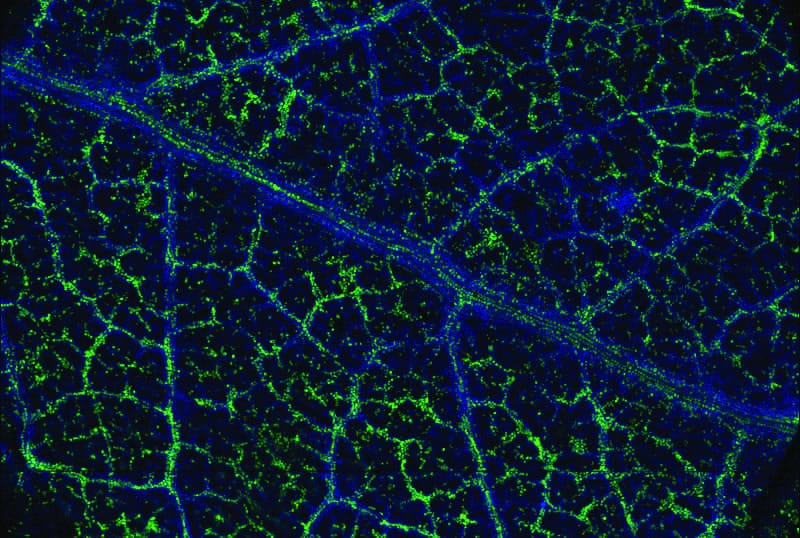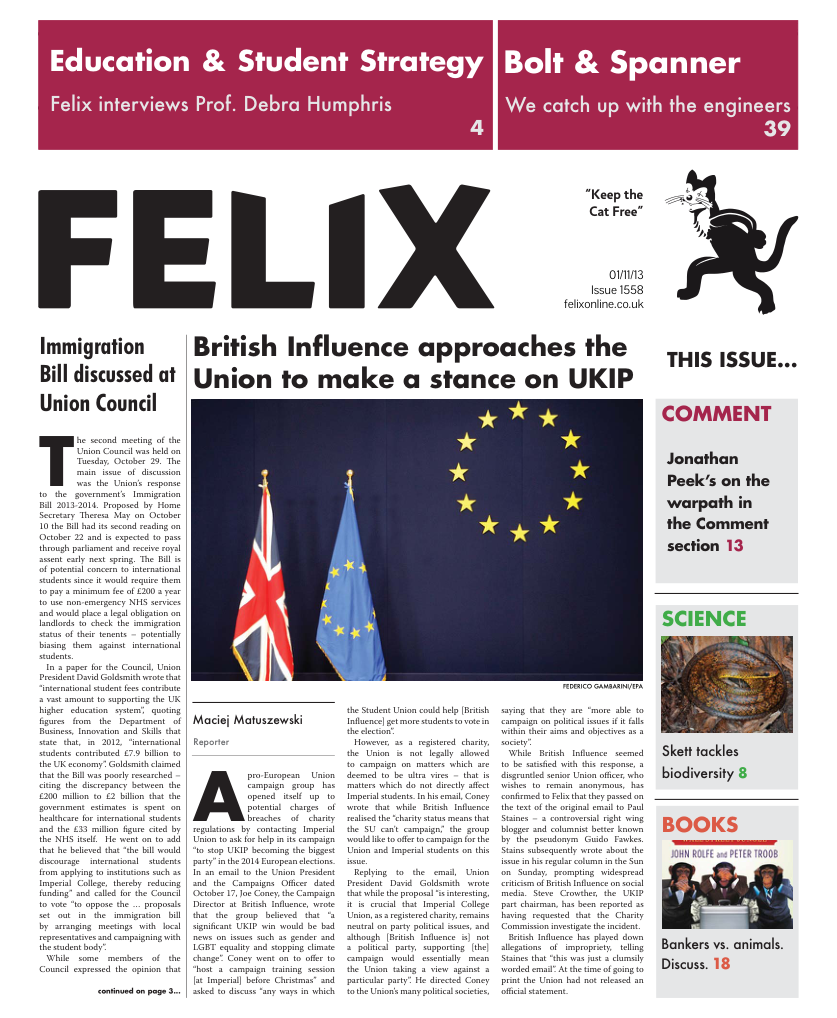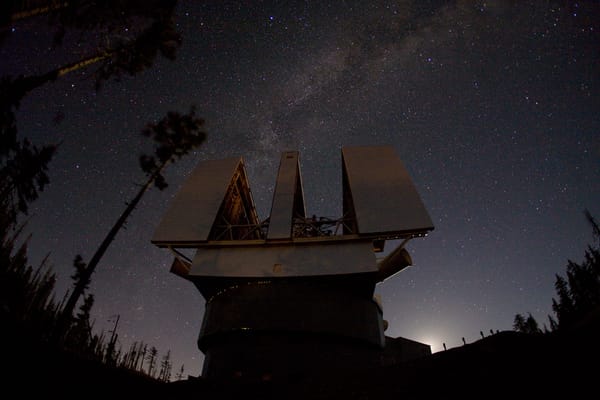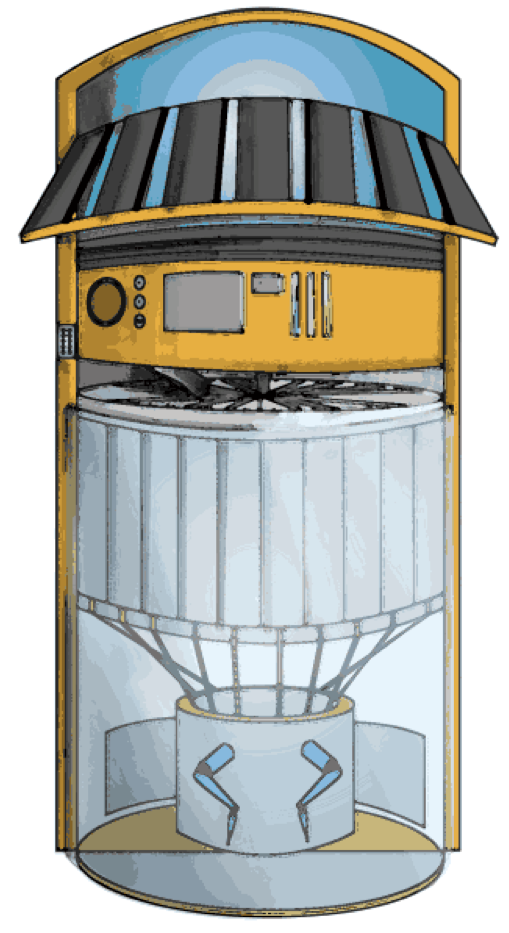Apparently money does grow on trees
Fiona Hartley finds it difficult to ignore a golden opportunity for puns

Money doesn’t grow on trees, said every person ever, but it turns out that isn’t entirely accurate. There’s gold in them thar hills, or rather, in them thar trees. Scientists have struck gold – surprisingly in the leaves, twigs and bark of eucalyptus trees in Western Australia.
A group of researchers from the Commonwealth Scientific and Industrial Research Organisation (CSIRO) made the discovery recently and published their findings in the journal Nature Communications. They say that the roots of the trees act like a ‘hydraulic pump’, taking up tiny ions of gold tens of metres within the soil below as they gather water. Particularly in drought conditions roots can reach up to 35 metres deep into the soil.
The gold is transported up through the tree by the vasculature system, replacing water lost through transpiration. Most likely toxic to the plant, the gold is then moved to leaves and branches in order to reduce deleterious biochemical reactions. These can eventually be shed, thereby removing the gold. Going to Australia to chop down trees that you can then trade to a cash-for-gold website when your student loan runs out isn’t a feasible way to make a quick buck however. The amount of gold particles found in the trees is miniscule. Dr Melvyn Lintern, one of the geochemists who authored the paper, said, “We’ve done a calculation, and found that we need 500 trees growing over a gold deposit to have enough gold in the trees themselves to make a gold ring.”
The scientists used the Maia detector for x-ray elemental imagining at the Australian synchrotron to visualise the particulate gold. “This is a first,” said Dr Lintern. “We know that gold occurs in leaves but this is the very first time that gold has been found as a visible particle in any biological material, let alone leaves. Any biological material at all.” A Eureka! moment indeed.
Let’s note though that this research will not prompt an old-school gold rush. The nuggets of gold are one-fifth of the diameter of a human hair – genuinely invisible to other equipment. But this could herald the beginning of a golden era for mineral prospecting. Nowadays most easy-access gold deposits have been found all around the world. Deposits are now detected by exploratory drilling, or by finding a location where gold ore appears on the Earth’s surface. Analysing vegetation above ground and discovering gold could indicate buried treasure tens of metres below.
“Not only do we believe it is a way of stretching the exploration dollar further,” said Dr Lintern, “because exploring for these deposits can be quite expensive, it also minimises the damage to the environment because we are taking a very small sample from the trees themselves, as well as the leaves and twigs on the ground.
“The leaves could be used in combination with other tools as a more cost effective and environmentally friendly exploration technique.”
Such a method would go some way towards addressing the problems of declining supply and quality alongside increasing demand for gold. There is also the possibility that the technique could be adapted to identify other mineral deposits, such as zinc and copper.









